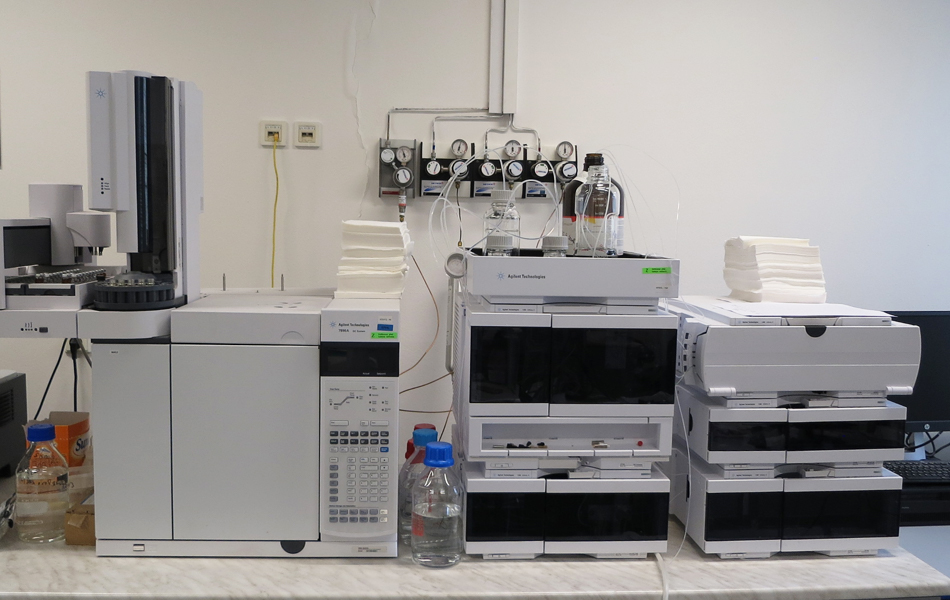
Best Practices for GC Preventive Maintenance
As lab managers and scientists know, gas chromatography (GC) is a vital analytical method used to separate, identify, and quantify compounds in samples. To ensure accurate and reliable GC results, establishing a strong preventive maintenance routine is essential. Here’s an overview of key considerations for keeping your GC instrument in optimal condition.
Why Preventive Maintenance Matters
Preventive maintenance is crucial for prolonging the life of your GC instrument and maintaining data integrity. Here are some compelling reasons to prioritize it:
- Consistency in Results: Regular maintenance reduces variations in analyses, ensuring your GC system delivers precise and reliable outcomes over time.
- Longer Instrument Lifespan: Proper care can significantly extend the life of your GC, decreasing the need for frequent replacements.
- Cost Savings: Preventive maintenance is more cost-effective than reactive repairs, as it identifies and resolves issues before they escalate.
- Safety: Maintaining the integrity of your GC system minimizes the risk of accidents or malfunctions, ensuring a safer laboratory environment.
Best Practices
Establish a Maintenance Schedule
- Routine Checkups: Create a maintenance schedule based on the manufacturer’s recommendations. Typically, GC systems require checkups every three to six months, but your specific instrument and usage may require more frequent attention.
- Keep Records: Document all maintenance activities, including dates, tasks performed, and any identified issues. This helps track the instrument’s history and assists in troubleshooting.
External Maintenance
- Cleanliness: Keep the exterior of your GC clean and free from dust, spills, or residues. Use mild solvents or manufacturer-recommended cleaning solutions.
- Ventilation: Ensure proper airflow and a dust-free environment to prevent overheating and contamination.
Column Care
- Column Inspection: Regularly check the GC column for wear or damage and replace it as needed for accurate separations.
- Column Installation: Follow manufacturer guidelines for proper installation, paying close attention to connections to prevent leaks.
Detector Maintenance
- FID and TCD: Clean and maintain components for Flame Ionization Detectors (FID) and Thermal Conductivity Detectors (TCD) as recommended. Check for leaks and replace worn parts promptly.
- MS Detectors: For Mass Spectrometry (MS) detectors, follow maintenance guidelines, including vacuum system checks and ion source cleaning.
Injection System
- Sample Syringe: Regularly inspect and clean the sample syringe or injection port, replacing septa as needed to avoid contamination.
- Inlet Maintenance: Maintain the inlet system, including liners and seals, to ensure precise sample introduction and minimize downtime.
Gas Supply
- Gas Sources: Monitor gas sources and pressures, replacing cylinders or refilling supplies as necessary to maintain stable carrier gas flows.
- Gas Lines: Inspect and clean gas lines and regulators to prevent blockages or leaks.
Software and Calibration
- Software Updates: Keep GC control software up to date with the latest manufacturer patches.
- Calibration Checks: Regularly calibrate your system using standard mixtures for accurate quantification.
Safety Considerations
- Safety Checks: Regularly inspect safety features like gas leak detectors and emergency shut-off mechanisms.
- Training: Ensure personnel are well-trained in GC operation and familiar with emergency protocols.
Regular System Checks
- System Diagnostics: Use built-in diagnostic tools to identify potential issues before they affect your analyses.
- Performance Verification: Run periodic verification tests to confirm the accuracy and precision of your GC.
Collaborate with Experts
- Manufacturer Support: Build a relationship with the instrument manufacturer or a certified service provider for guidance on complex tasks.
- Training: Invest in training programs to enhance your technicians’ skills in GC maintenance and troubleshooting.
Protect Your Investment
By implementing these best practices for GC preventive maintenance, you can ensure the longevity, reliability, and accuracy of your gas chromatography system. Incorporate these guidelines into your laboratory’s standard operating procedures to minimize downtime, reduce costs, and consistently produce high-quality analytical results. A well-maintained GC instrument is essential for successful scientific research and analysis in your lab.

